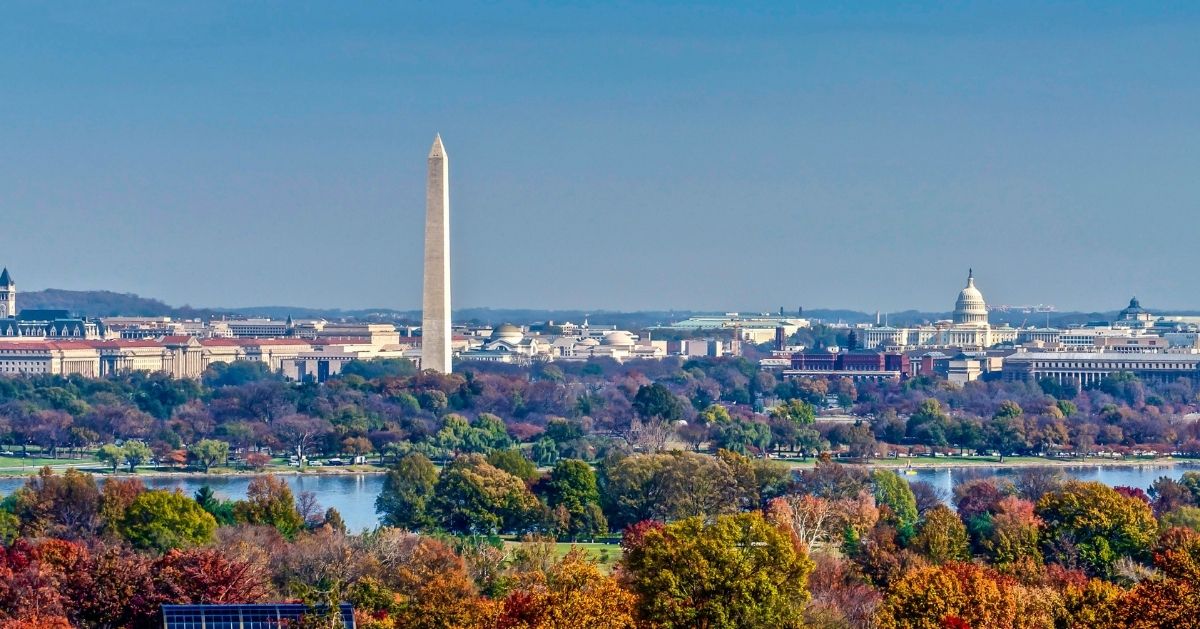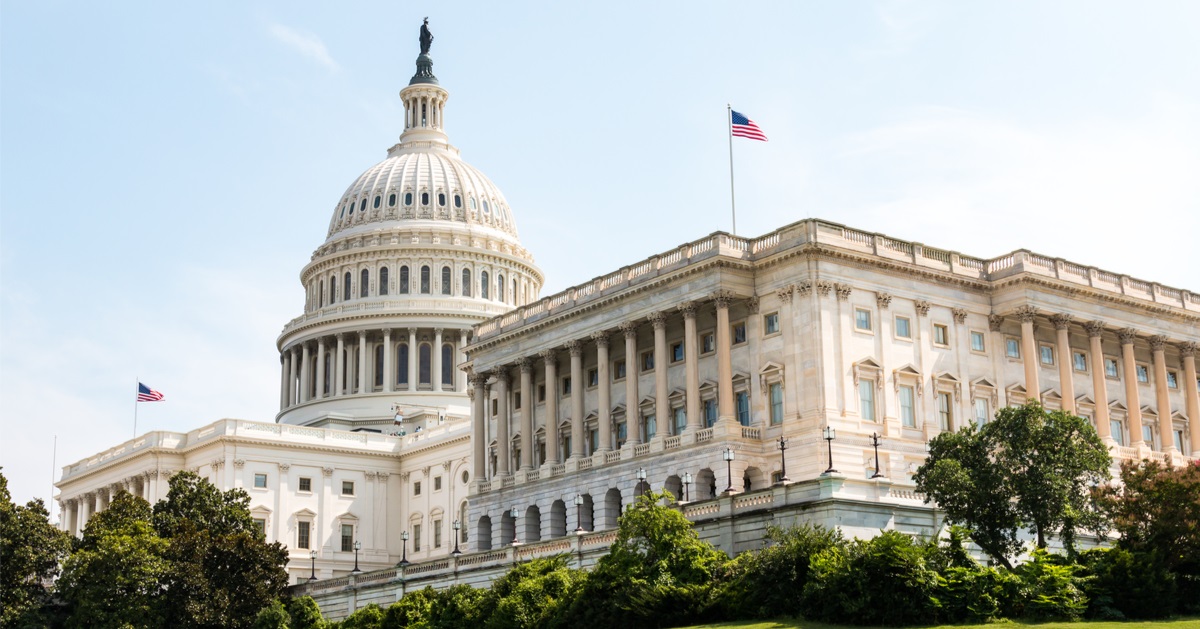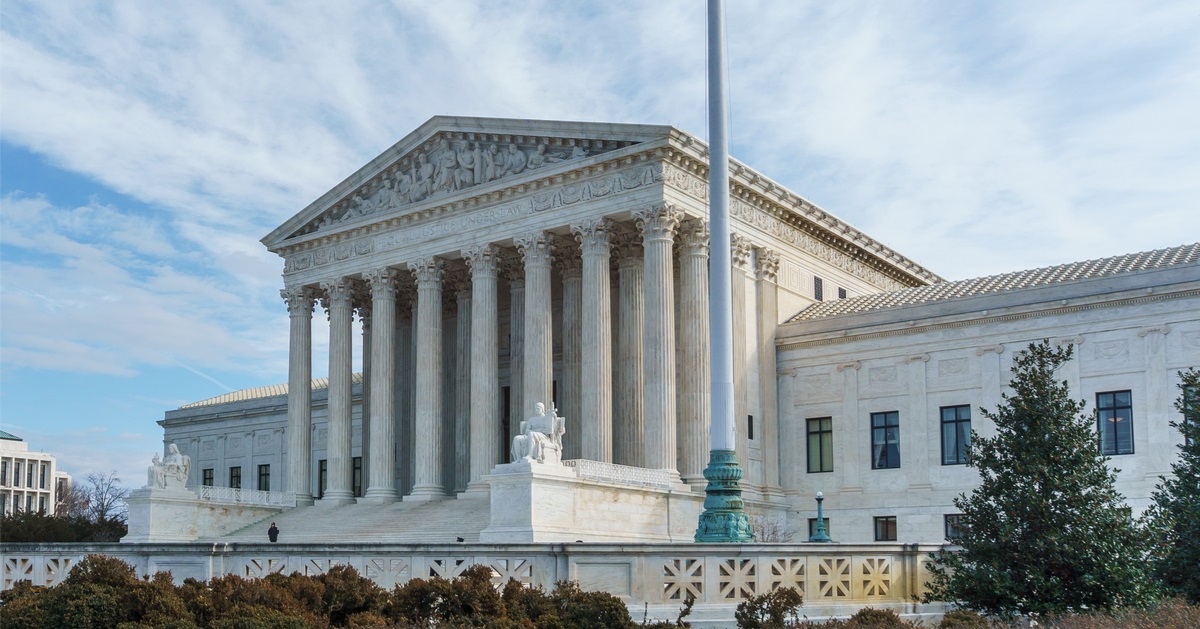Trump floats idea of providing a tariff 'rebate' to the American people
The United States has raised around $100 billion in additional revenue over the first half of the year from the tariffs imposed by President Donald Trump, and there is now some discussion of sharing some of that with the American people.
On Friday, Trump floated the idea of giving some of that tariff revenue back to Americans "of a certain income level" in the form of a "rebate," though he declined to provide any further details, according to Newsmax.
Critics noted that any such tariff rebate plan, which could potentially worsen inflation, would likely have to originate with Congress, and the idea seemingly detracts from the president's stated goal of using the additional funds raised by tariffs to help pay down the nation's annual deficit and mounting debt.
"We're thinking about a little rebate"
It was earlier this month that the U.S. Treasury Department revealed in its monthly statement that, as of the end of June, the U.S. had received roughly $108 billion in tariffs, or customs duties, since the beginning of the 2025 Fiscal Year last October, including approximately $26 billion in June alone.
According to a White House press release to mark the sixth-month anniversary of President Trump's second term in office, it was claimed that nearly $90 billion of that total was raised since Trump took office in January.
While addressing the media outside the White House on Friday morning, the president was asked by a reporter about the possibility of rebates for the American people "with all of that revenue coming in tens and tens of billions of dollars."
"We're thinking about that, actually. We have so much money coming in, we're thinking about a little rebate," Trump replied. "But the big thing we want to do is pay down debt. But we're thinking about a rebate."
The president added, however, that "a little rebate for people of a certain income level might be very nice," though he declined to specify what that income threshold might be or how much of a rebate was being considered.
Congress would likely need to approve
CNBC reported that, because tariffs are taxes, any sort of tariff revenue rebate plan would almost certainly need to be approved by Congress in the form of legislation, which is certainly not impossible, given that Republicans control both the House and Senate, but does seem somewhat unlikely.
One significant counterargument to the proposal, as President Trump himself noted, is that the original plan for the proceeds from Trump's tariffs on foreign goods was to pay down the federal deficit and national debt, which could prove to be a sticking point for some fiscal hawk legislators.
Another drawback to the idea is the potential that tariff rebates, perhaps in the form of stimulus checks, could contribute to price inflation as the American people quickly spend the bulk of that sudden influx of additional money into the economy.
Could tariff rebates result in higher inflation?
Of course, as the Financial Times acknowledged earlier this month, and despite the initial doom-crying predictions of critics, President Trump's tariffs have not resulted in any substantial increase in inflation -- at least, not yet.
Part of the reason for that, the outlet observed, is that except for Canada and China, the overwhelming majority of U.S. trading partners hit with higher tariffs by Trump have refrained from imposing retaliatory tariffs, and many foreign companies are opting to absorb or spread around the higher costs of doing business in the U.S. rather than solely saddle American consumers with the increased burden.
To be sure, there are some possible indications that could change in the coming months, but as of now, tens of billions of dollars are pouring in, Trump is scoring lucrative new trade deals with U.S. trading partners, the U.S. economy is beginning to boom, and the president wants to share some of that additional wealth with the American people.






